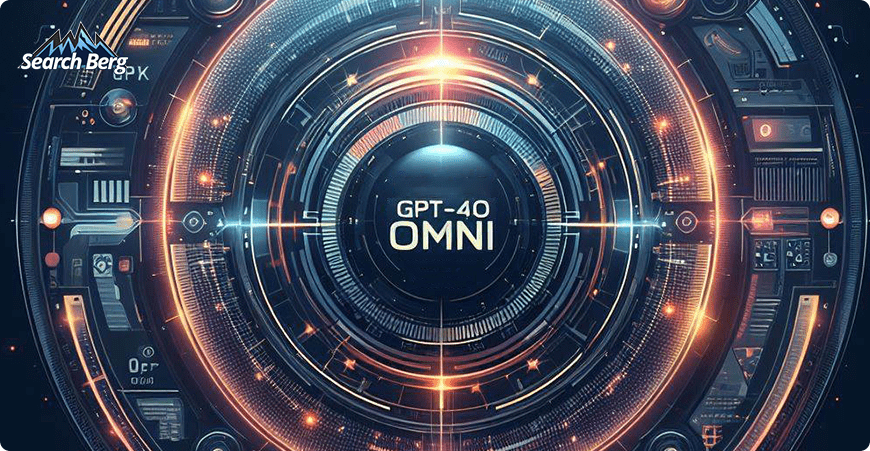OpenAI Introduces GPT-4o Omni: A Multimodal Leap in AI Technology
The latest ChatGPT version can analyze images with direct audio processing on the horizon.

Highlights:
- GPT-4o Omni integrates sight and sound with text, advancing AI capabilities.
- It can analyze images and will soon process audio, enabling real-time language translation.
- GPT-4o boasts quicker response times and is freely accessible.
- Despite being in development, its multimodal approach is commendable.
After announcing a revolutionary text-to-video model earlier this year, OpenAI has taken yet another significant leap in AI technology with the launch of GPT-4o Omni. This new model overcomes the limitations of its predecessor, GPT-4, by incorporating sight and sound processing capabilities into its text-based strengths.
The Multimodality of GPT-4o Omni
The previous iteration, GPT-4, while impressive in its ability to generate human-quality text, translate languages, and write different kinds of creative content, relied solely on textual input and output. This meant interactions were limited to typing and reading responses.
GPT-4o Omni shatters this barrier, taking on a more multimodal AI approach.
It can now:
- Analyze Images: Show GPT-4o Omni a picture of a malfunctioning appliance, and it might diagnose the problem or suggest repairs.
- Directly Process Audio (Future Update): Word on the street is that GPT-4o Omni will soon offer direct audio processing, translating languages in real-time during a video call.
Speed and Accessibility: Democratizing AI Technology
Apparently, OpenAI’s GPT-4o is rather speedier than its predecessor. It claims a response time of just 232 milliseconds for audio inputs, mirroring the speed of human conversation. This opens doors for applications like real-time translation assistance or voice-activated AI assistants.
Now, for the good part: the most exciting aspect of GPT-4o Omni is its accessibility. Unlike its predecessor, which was only available through paid APIs, GPT-4o Omni is offered for free on OpenAI’s basic tier. The move streamlines access to powerful AI technology, welcoming students, researchers, and entrepreneurs to explore its potential.
Still, a Long Way to Go
It’s important to acknowledge GPT-4o Omni’s developmental stage. While it can analyze images and promise future audio processing, full-fledged audio conversations are yet to be achieved.
Despite these limitations, this leap in AI technology deserves all the credit. Its ability to handle different modalities of information processing—text, images, and soon, audio—positions it as a powerful tool for reshaping various industries, from education and customer service to content creation and scientific research.
The future of AI is multimodal, and GPT-4o Omni might just be leading the charge.
Read More: ChatGPT Set To Launch a Search Feature












